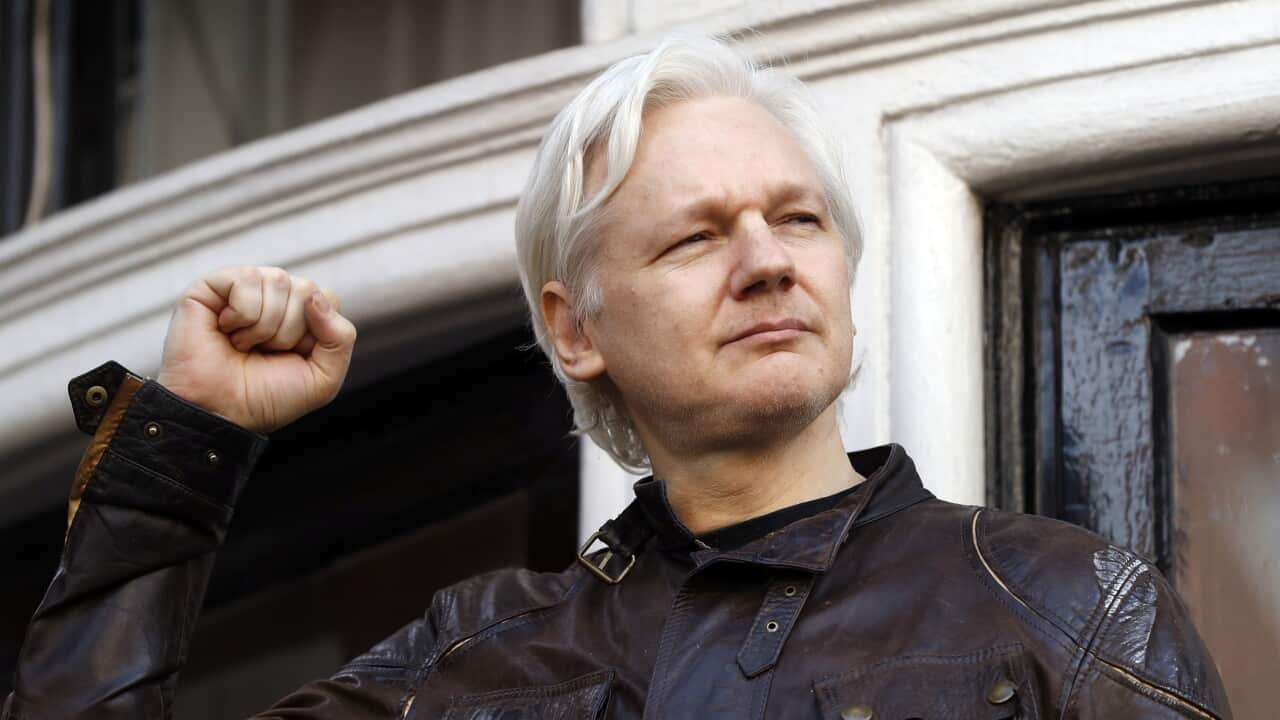Julian Assange: Choosing Freedom Over Justice in a Historic Legal Battle
~ By Sujeet Rawat
Oct 1 2024, 04:28 PM

Julian Assange, the controversial founder of WikiLeaks, has finally spoken publicly after a prolonged period of legal struggles and incarceration. In his first remarks since his release, Assange addressed European lawmakers, explaining his decision to plead guilty to U.S. espionage charges. According to him, it was a necessary step for regaining his freedom after years of legal and political battles that failed to secure his protection.
Assange, now 53, made headlines when he returned to Australia earlier this year after reaching a deal that allowed his release. He explained to the Council of Europe that despite fighting for years against U.S. espionage accusations, he ultimately had to choose freedom, realizing that the pursuit of justice was no longer feasible. His case, which lasted over a decade, has drawn international attention, sparking debates about freedom of speech, whistleblowers’ rights, and government transparency.
In his emotional speech, Assange expressed relief at being free after such a long and grueling legal ordeal. He revealed that he had to plead guilty to obtaining and publishing classified information in order to regain his liberty. This decision marked the end of a 14-year-long legal battle in Britain, which included several years spent in the Ecuadorian embassy in London, followed by his imprisonment.
Assange’s troubles began when WikiLeaks, in 2010, released a massive trove of classified U.S. military documents, detailing the wars in Iraq and Afghanistan. This leak, along with numerous diplomatic cables, was considered one of the most significant breaches in U.S. military history. Years later, the U.S. government indicted Assange under the Espionage Act, leading to his legal battle that spanned several countries.
Despite his release, Assange emphasized that his freedom came at a cost. He admitted that his guilty plea meant he would never be able to challenge the U.S. accusations in court. There would be no trial to investigate the circumstances surrounding his actions, leaving many questions unanswered. Assange appeared somber when discussing this outcome, noting that the deal prevented him from bringing forward his case to defend his actions and intentions as a whistleblower.
His legal battle was not just about espionage. In 2010, Assange was initially arrested in the U.K. after Sweden issued a European arrest warrant to question him about allegations of misconduct. Although these charges were eventually dropped, Assange sought refuge in the Ecuadorian embassy in London, where he remained for seven years to avoid extradition. His dramatic removal from the embassy in 2019 led to his incarceration in Belmarsh, a high-security prison in London, where he stayed until his release earlier this year.
During his address, Assange shared insights into how years of isolation had affected him. He acknowledged the toll that long-term confinement had taken on his mental and physical well-being. His wife, whom he married while incarcerated, also mentioned recently that he would need significant time to recover and reintegrate into normal life.
As Assange adapts to his new reality, he faces the challenges of reconnecting with his family, including two children who grew up in his absence. He spoke lightheartedly about the struggles of readjusting to his roles as a father and a husband after such an extended period of separation.
While Assange may be free, his case continues to raise important questions about the treatment of whistleblowers, government accountability, and the balance between national security and freedom of information. Assange hinted that his speech to European lawmakers was only the beginning of a larger effort to advocate for the rights of whistleblowers and informants globally. He stressed the importance of raising awareness about the risks and consequences faced by those who reveal sensitive government information for the public good.
ALSO READ| The Rise and Fall of China's Copper Mogul: Wang Wenyin's Journey
Assange’s story, though far from over, remains a powerful example of the complex relationship between freedom, justice, and the responsibilities of those who choose to expose government secrets. As he rebuilds his life, the legacy of his actions and the questions they raise about international law and human rights will continue to be a topic of global discussion.
[Disclaimer: This article is based on publicly available information and does not constitute legal advice. All opinions expressed are those of the authors and not of any affiliated organization. Readers should independently verify details before drawing any conclusions.]
Recent Posts
Trending Topics
Top Categories
QUICK LINKS
Copyright © 2024 Arthalogy.com. All rights reserved.
